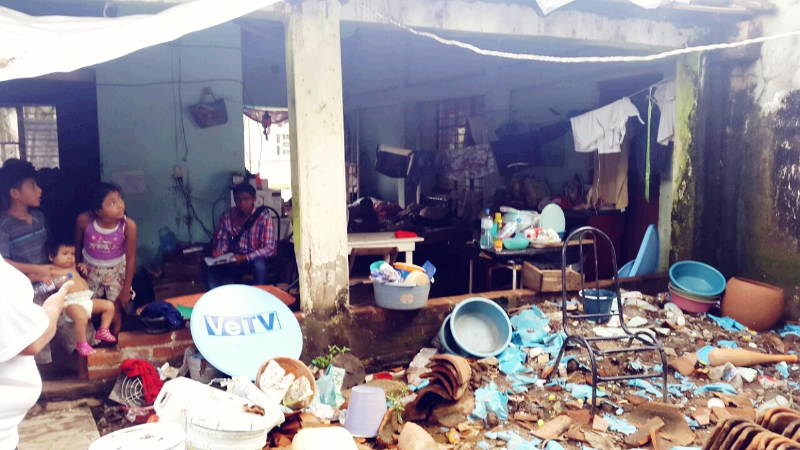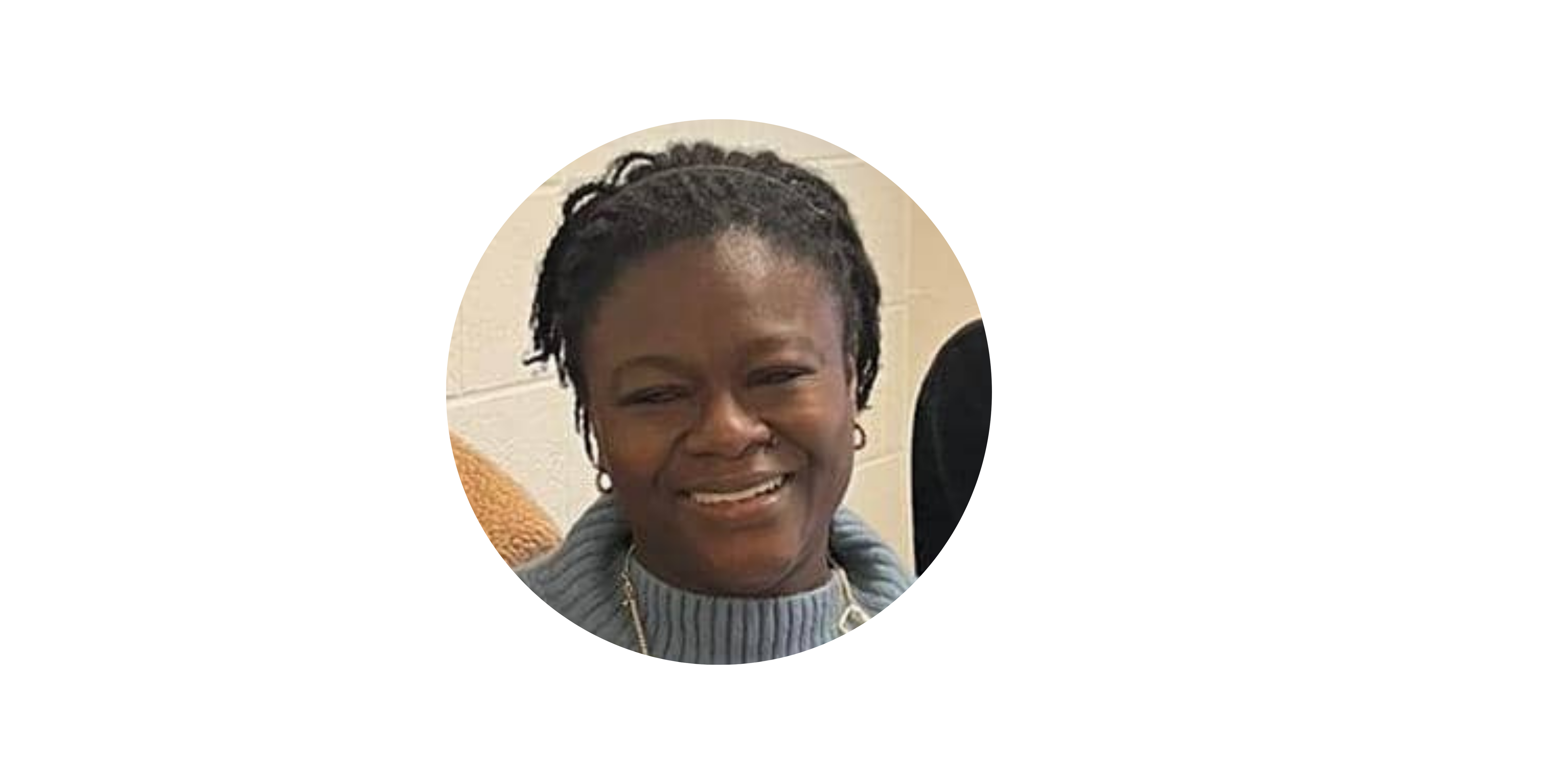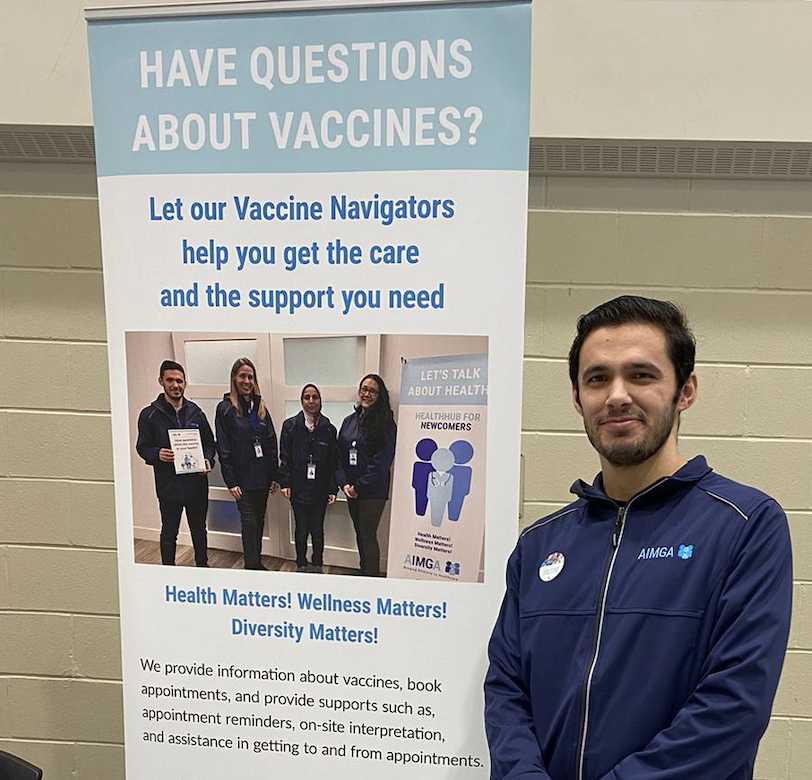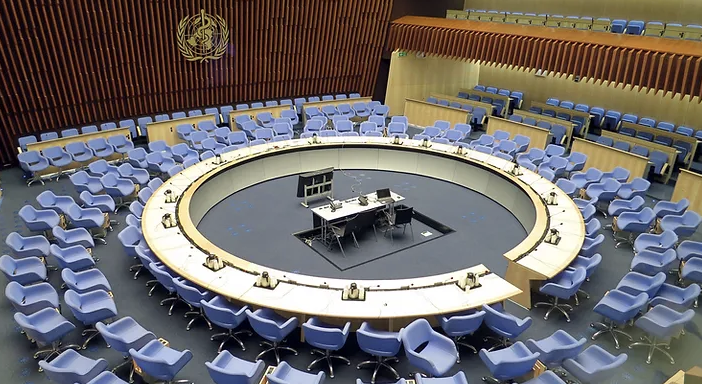Soon-to-be Alumna Atziri Ramirez Leads Disaster Response in Mexico Earthquake

Atziri Ramirez was treating a patient when the 7.1-magnitude earthquake struck southern Mexico last month on September 19, 2017, killing more than 200 people. The soon-to-be graduate of the MSc Global Health program is in charge of the Pelvic Floor Unit at the General Hospital Dr. Manuel Gea Gonzalez in Mexico City, just 120km from where the earthquake hit.
“It was horrible,” recalls Ramirez, who was born and raised Mexico and returned there to work in gynecology while she completes her thesis. “I ran out of the office with my patient and was told an elementary school had collapsed with 300 students inside.”
The school was a 30-minute walk from where she was and, although she was told to stay at the hospital, Ramirez knew she needed to get to the school to treat the patients on site. She immediately took on the role of coordinating trauma and response teams, quickly realizing the importance of being prepared in the wake of such a disaster. Tragically, when she got to the elementary school, all of the children who were pulled out had died.
“I never thought I would get involved in disaster response,” admits Ramirez. “I’m a gynecologist. I deliver babies. What can I do? But the truth is that I was better equipped than most people, so I felt an obligation to help.”
As the days went on, Ramirez adjusted into a routine that involved seeing patients at the hospital all day, before travelling two hours to an area with a high homeless population. There, she would see patients all evening, and get up the next day to do it all over again.
“Doctors were out in the streets giving medication and care for free, and patients became dependent on that care – but it wasn’t sustainable,” she explains. “At some point the government needed to take responsibility.”
 Currently, Ramirez (pictured left) is helping to create a database of people who helped with the earthquake and who might help in future. Given that Mexico is prone to earthquakes and floods, the hope is to provide these volunteers with training in disaster response. The big issue with this undertaking, according to Ramirez, is the lack of organizational and governmental support.
Currently, Ramirez (pictured left) is helping to create a database of people who helped with the earthquake and who might help in future. Given that Mexico is prone to earthquakes and floods, the hope is to provide these volunteers with training in disaster response. The big issue with this undertaking, according to Ramirez, is the lack of organizational and governmental support.
“We’ll need support to manage the enormous number of volunteers,” says Ramirez, who is continuing to recover from the trauma she experienced, with the resolve to be as prepared as possible should disaster strike again.
Looking back on the aftermath of the earthquake, Ramirez recalls a tremendous sense of community in the midst of extreme tragedy. “Imagine a city with 20 million people and everyone is coming together to help – it was incredible,” she says. “I have never felt so much love for my country as I’ve felt in the past month.”
Contact Atziri Ramirez at atziriok@yahoo.com
Student and Alumni Profiles
Related News
News Listing

PhD Student Tackling Intimate Partner Violence in Resource-Constrained Settings Receives an IDRC Doctoral Research Award
Student and Alumni Profiles
February 28, 2024

From Adversity to Aspiration — Yasir Essar’s Global Health Journey
Global Health News, Student and Alumni Profiles
January 29, 2024

